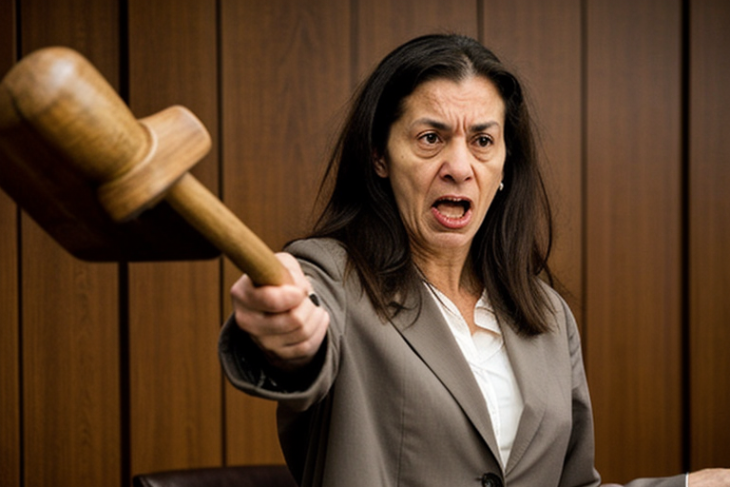
UK House of Lords Resists Draconian Anti-Deepfake Porn Bill
The Labour government has been determined to make even the creation of deepfake porn illegal in the UK, with no exceptions. Note that the definition of ‘porn’ here includes ‘showing lingerie’. Radical feminists have dreamed for decades of imprisoning men for ‘raping with their eyes’ (ie. mentally undressing a hot woman on the metro and such). Now, thanks to the increasing pace of sex tech, they have effectively got their wish. However, the UK’s second house of parliament – the House of Lords – has to their credit at least forced some rationality into the wording of the new law. Defendents will, to the consternation of anti-deepfake porn campaigners, be able to offer ‘a reasonable excuse’ defence, which would appear to include the defence that their deepfake porn stash was for private consumption and was never going to be shared.
Human rights lawyer Baroness Kennedy of the Shaws agreed that there is “no reasonable excuse that could be imagined that would justify it” and that its inclusion would allow “all manner of nonsense” to be presented to the courts.
Responding, Lord Ponsonby said that the ‘reasonable excuse’ defence is “very common in courts up and down the land”, including for other intimate image offences, and that it is for magistrates and judges to decide on the merit of the argument.
The minister added that we “simply cannot know all the circumstances now and in the future, as the technology develops” that might present a reasonable excuse.
He concluded: “It is the Government’s view that this defence is necessary to ensure the deepfake offense is a proportionate response to the threats posed by intimate image deepfakes.”
It’s encouraging that Lord Ponsonby specifically voiced concerns about the law being misused as the tech progresses. This is exactly the sort of thing the House of Lords is for – putting restraints and safeguards upon legislation proposed by a government that will be gone long before these laws are being applied in perhaps a very different society. The Lord also appeared to suggest that, except in rare cases, prosecutions would only be made when there had been an intention to share the images, and that imprisonment would be reserved for the worst cases involving hundreds of victims.
Peers across the House agreed that, in severe cases, imprisonment is an appropriate sentence – for example, where images have been created “on an industrial scale with hundreds of victims”.
Justice minister Lord Ponsonby of Shulbrede responded: “We are confident that the maximum penalty of an unlimited fine is appropriate for a new offence such as this.”
He added that the offence of creating intimate images without consent is “very, very likely” to be prosecuted alongside offences of sharing or threatening to share intimate images, which carries a maximum penalty of two years’ imprisonment.
To be clear, I am not presenting the above as any kind of legal advice (for those based in the UK), just interpreting the linked article as best I can.
